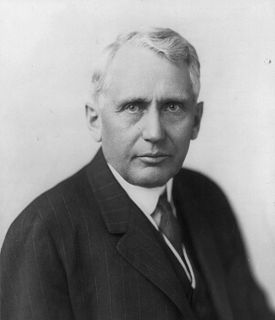A Quote by James Fenton
I don't see that a single line can constitute a stanza, although it can constitute a whole poem.
Quote Topics
Related Quotes
The correct relationship between the higher and lower classes, the appropriate mutual interaction between the two is, as such, the true underlying support on which the improvement of the human species rests. The higher classes constitute the mind of the single large whole of humanity; the lower classes constitute its limbs; the former are the thinking and designing [ Entwerfende ] part, the latter the executive part.
It was early on in 1965 when I wrote some of my first poems. I sent a poem to 'Harper's' magazine because they paid a dollar a line. I had an eighteen-line poem, and just as I was putting it into the envelope, I stopped and decided to make it a thirty-six-line poem. It seemed like the poem came back the next day: no letter, nothing.
... landscapes or still-lifes I paint in between the abstract works; they constitute about one-tenth of my production. On the one hand they are useful, because I like to work from nature - although I do use a photograph - because I think that any detail from nature has a logic I would like to see in abstraction as well.
On occasions, after drinking a pint of beer at luncheon, there would be a flow into my mind with sudden and unaccountable emotion, sometimes a line or two of verse, sometimes a whole stanza, accompanied, not preceded by a vague notion of the poem which they were destined to form a part of.... I say bubble up because, so far as I could make out, the source of the suggestions thus proffered to the brain was the pit of the stomach.
At certain times in the revolutionary struggle, the difficulties outweigh the favorable conditions and so constitute the principal aspect of the contradiction and the favorable conditions constitute the secondary aspect. But through their efforts the revolutionaries can overcome the difficulties step by step and open up a favorable new situation, thus a difficult situation yields place to a favorable one.





































